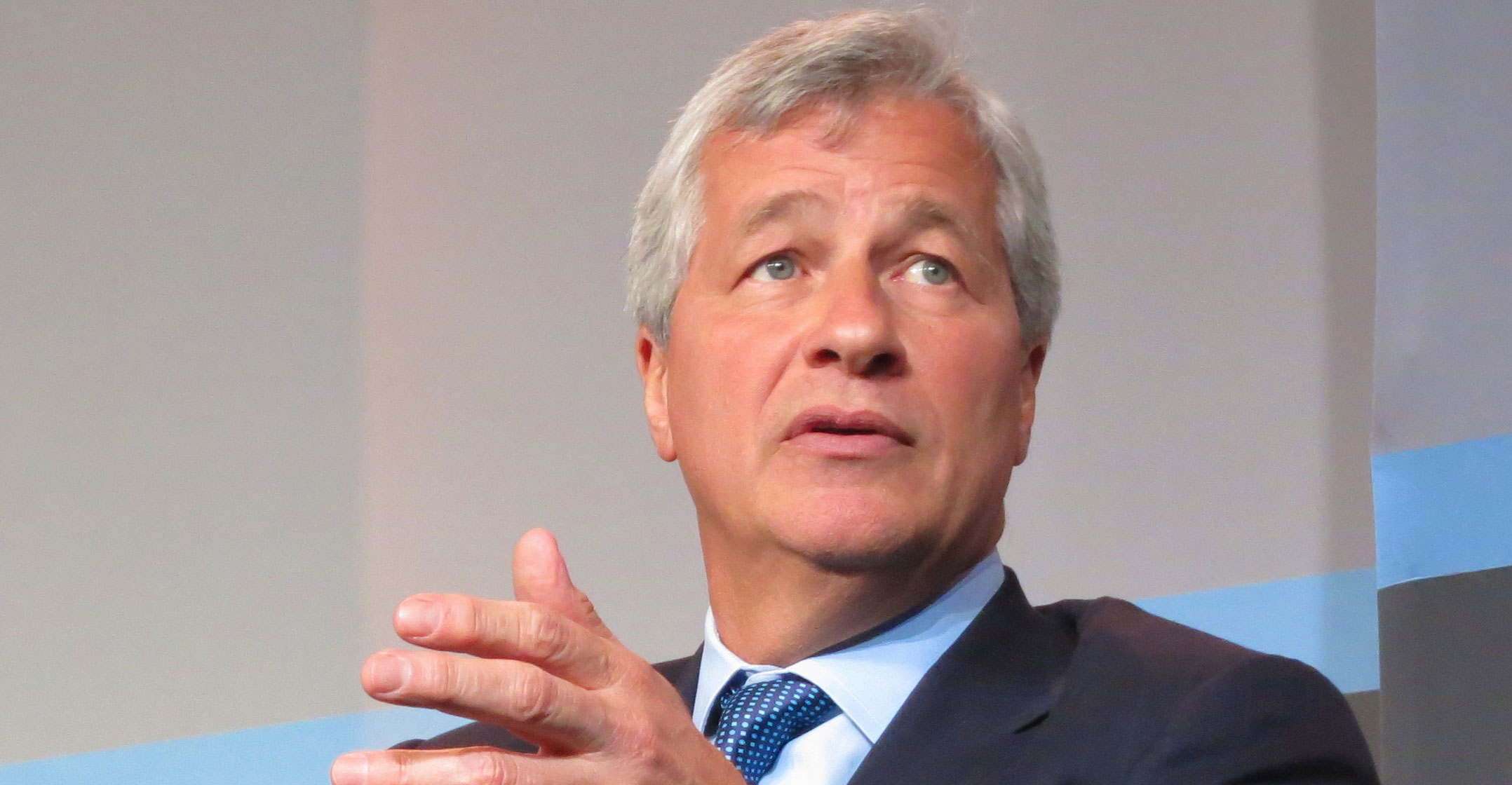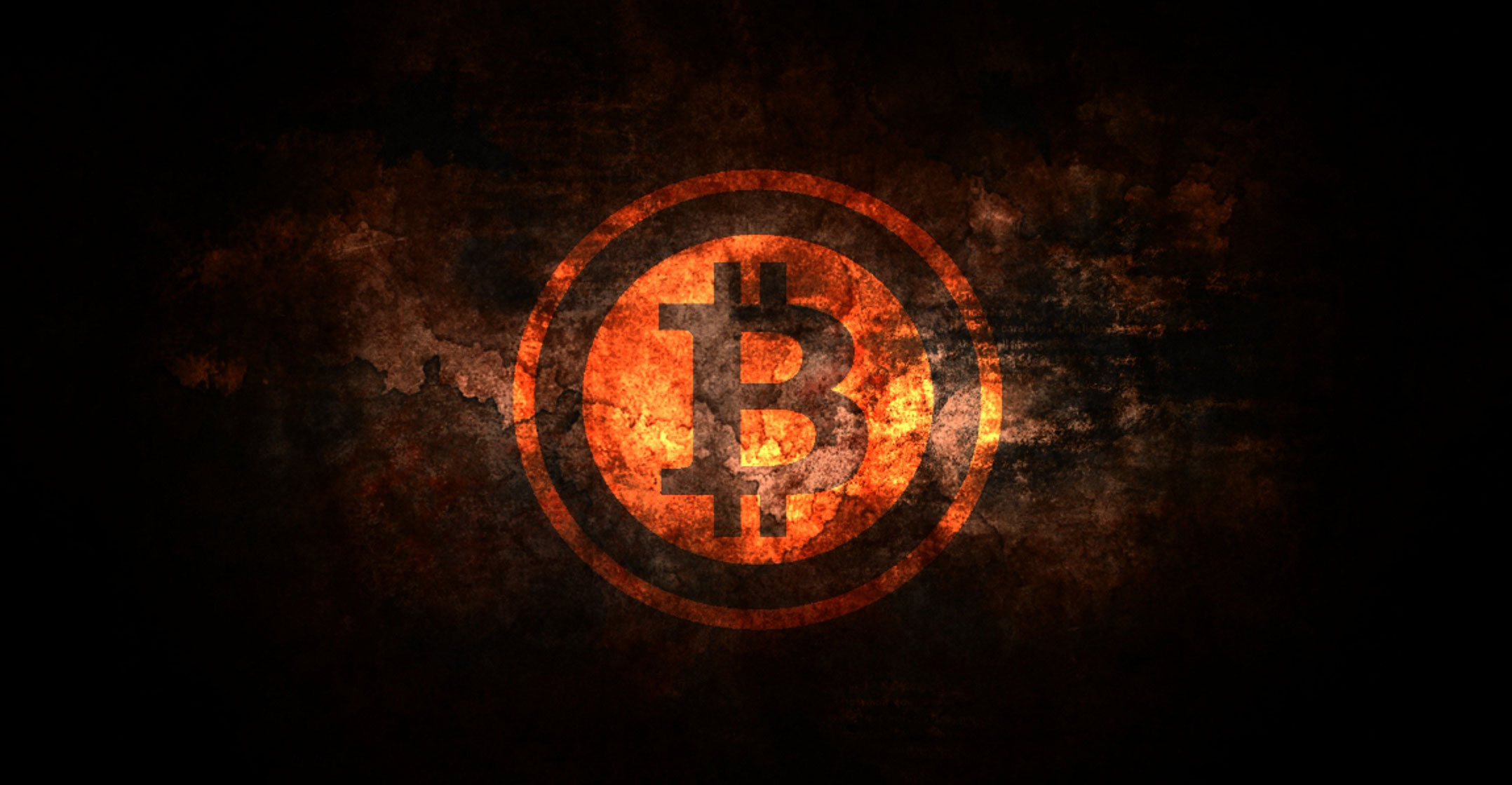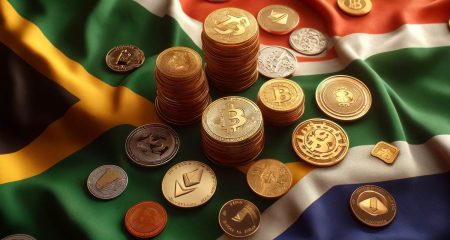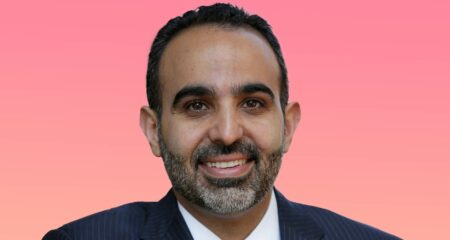
Dear Mr Dimon,
A few days ago, you called bitcoin and cryptocurrencies a “fraud”. You said bitcoin is “not a real thing” and that governments “would close it down”. I understand your perspective and, in fact, I shared a similar view a few years ago. Then I decided to look into bitcoin. To my surprise, I discovered one of the most beautiful and ingenious monetary systems known to mankind.
I’ve realised that a lot of the confusion surrounding bitcoin comes from the lack of understanding of what money truly is. We use money every day but very rarely sit back and ask ourselves what it is and why it has value. Let’s take the US$100 bill. It’s a piece of paper with some security features and a government stamp on it that costs $0.155 to produce. Yet we can exchange that piece of paper for things that take significantly more time and energy to create. Furthermore, the Federal Reserve also creates digital US dollars out of thin air to buy financial assets like government bonds and mortgage-backed securities (a truth that hides behind the illusive term “quantitative easing”). In this light, would we say that the US dollar is then a “real thing”? Or would we classify the US dollar as a “fraud”?
Perhaps no money is real and it’s just a myth that we humans have created for ourselves as a tool to manage the allocation of the scarce resources of our planet. If that’s the case, then perhaps bitcoin and cryptocurrencies are just a better story, a better myth, which perform the functions of this tool we call money better than any previous form of money we’ve ever known. After all, cryptocurrencies can be kept scarce (a prerequisite of any form of money) and can be held and transferred across borders at a fraction of the cost of traditional financial channels without needing to trust any institution or individual. Indeed, with the advent of cryptocurrencies, the concept of a cross-border payment has become as absurd as the concept of a cross-border e-mail.
Now let’s consider what “closing down” a cryptocurrency like bitcoin would entail. Bitcoin is a protocol, a distributed and decentralised language that a network of participants has decided to speak. There is no CEO of bitcoin, no headquarters of bitcoin, no owner of the bitcoin network, just like there is no CEO, headquarters or owner of the English language. Just imagine how difficult it would be to “close down” the English language, or any other language for that matter. Where would one even start? The only way to effectively close down a cryptocurrency would be to turn off the Internet. There aren’t many countries I know that are prepared to do this.
Why ban?
A government may, therefore, consider a ban, as some have already tried. But why do this? Because “it is used for illicit purposes”, you say. The fact of the matter is that much more illicit activity has been facilitated through the US dollar than any cryptocurrency. This hasn’t led us to conclude that a ban on the US dollar is the right thing to do. But let’s for a moment assume that a government does want to ban a cryptocurrency because they “like to control the currency”, as you’ve stated. The problem here is that this would just push cryptocurrencies underground, completely out of the purview of a financial regulator. I believe it is far better to legitimise cryptocurrencies and try to regulate the flows into and out of a national currency that a government has control over, than not to have sight of them at all.

As countries grapple with what cryptocurrencies are and what they mean for their financial systems, many are beginning to understand that this is a force that is better harnessed than opposed. In 2014, Russia planned to ban bitcoin, then reconsidered this decision and is now planning to recognise and regulate it in 2018. This past week, Russian finance minister Anton Siluanov said: “The state understands indeed that cryptocurrencies are real. There is no sense in banning them. There is a need to regulate them.” In April, Japan officially declared bitcoin a legal payment mechanism. And a few days ago, economists at the Central Bank of Finland went a step further, declaring bitcoin “revolutionary” and stating: “Bitcoin is not regulated. It cannot be regulated. There is no need to regulate it.”
Mr Dimon, there are a couple of trends sweeping the world at present. One is that people are starting to lose trust and confidence in the very institutions that are meant to embody these attributes. The second is that humanity is starting to question another myth we’ve created for ourselves: man-made national borders. Cryptocurrencies pay no heed to the latter and provide a way for many to take control of their own financial sovereignty in a system that many are not happy with today. It may be easy to disregard an asset class that is currently valued at just over $100bn when you lead an institution that has a balance sheet of $2.5 trillion. But things change quickly, Mr Dimon.
Respectfully,
Farzam Ehsani
- Farzam Ehsani is blockchain lead at Rand Merchant Bank and chairman of the South African Financial Blockchain Consortium




